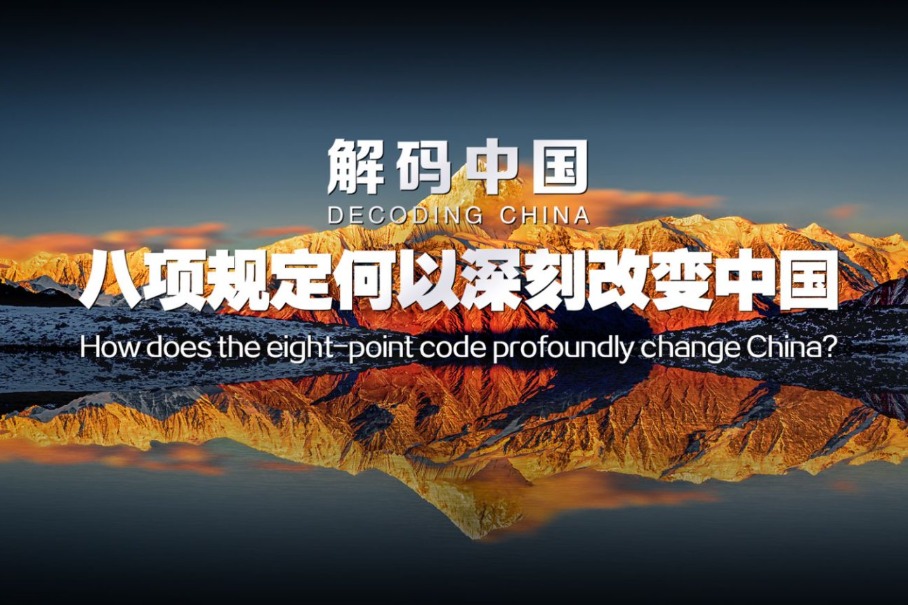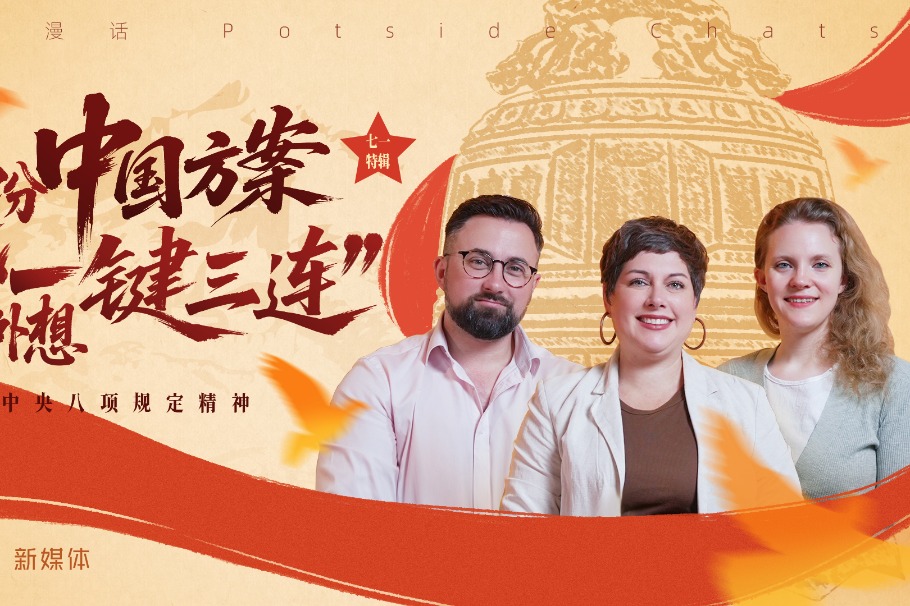China a growing player in Middle East

Beijing's diplomacy deserves real peace prize
Kacee Ting Wong
Former US president Donald Trump had complained that his predecessor Barack Obama won the Nobel Peace Prize for "extraordinary efforts to strengthen international diplomacy and cooperation between people," even though he had only just become president.
It's time to consider what achievements deserve real peace prizes.
By the end of the 20th century, China's exclusion from international affairs and reluctance to become involved in settling outstanding global issues had not escaped the attention of Middle East countries. According to Yitzhak Shichor, China was unwilling to get involved in regional conflicts in the Middle East for a long time.
Shichor highlighted the passive measures taken by Beijing to influence Middle East politics, including the use of veto at the United Nations Security Council. In 2011, the United States, the United Kingdom and France supported a draft UNSC resolution to bomb Syria on the pretext of humanitarian intervention. China and Russia vetoed it. But unlike the US and Russia, China was only marginally involved in the Syrian crisis.
But China's recent success in getting Saudi Arabia and Iran to resume diplomatic ties signals its determination to play a more active role in delivering international public goods and improving global governance. As a result of the Saudi-Iranian peace deal, the sudden increase in China's soft power has shocked many Western countries.
The launch of the Belt and Road Initiative and the Global Security Initiative, the pursuit of an independent foreign policy of peace, and the vision of building a community with a shared future for mankind provide the necessary context without which China's mediating role in helping settle the dispute between Saudi Arabia and Iran cannot be fully understood.
Multiple deep-seated disputes had poisoned Riyadh-Teheran relations for a long time. These disputes are said to be the alleged engagement in proxy wars in the Middle East, aspirations for regional leadership, conflicts of religious doctrines, competition for leadership in the Islamic world, oil export policies, and relations with the US and other Western powers.
That's why, despite the resumption of diplomatic ties, both Saudi Arabia and Iran understand that it is difficult to get their rocky relationship back on a sound footing. Yet Iran is advancing its nuclear program after two years of failed attempts by the Joe Biden administration to revive the 2015 Iran nuclear deal that was aimed at preventing Teheran from developing a nuclear bomb. No wonder Saudi Arabia has warned that all bets would be off if Iran develops a nuclear bomb.
Of equal concern is the protracted civil war in Yemen, which in essence is a proxy war between Saudi Arabia and Iran. It is hoped that the normalization of diplomatic ties between Riyadh and Teheran will have positive effects on the peaceful initiatives to end the civil war in Yemen.
On the other hand, any escalation of proxy wars in Syria and Lebanon will deal the fragile Riyadh-Teheran rapprochement a crushing blow. In all this, however, China is expected to continue playing a positive role in sustaining the peace deal, by helping defuse tensions in the Middle East.
China remains, and is still perceived to be, a responsible and credible peace-broker, as its role in brokering the peace deal between Saudi Arabia and Iran shows. It has also showcased its global leadership by helping deliver peace, an invaluable international public good, to the region.
Indeed, China is ready to play a more active role in promoting peace. The Saudi-Iranian deal also proves wrong the malicious allegation that China is a "trigger-happy aggressor".
Under President Xi Jinping, China has made strenuous efforts to build a community with a shared future for mankind and pursue an independent foreign policy. It has recently succeeded in brokering a peace deal between two long-term rivals in the Middle East. Though there is a gnashing of teeth in some Western countries, China will continue to play a more constructive role in settling international disputes.
China is what it upholds. An ascending China understands that global leadership means shouldering more global responsibilities. Instead of asking what the international community can do for China, China has been asking what it can do for the international community.


































